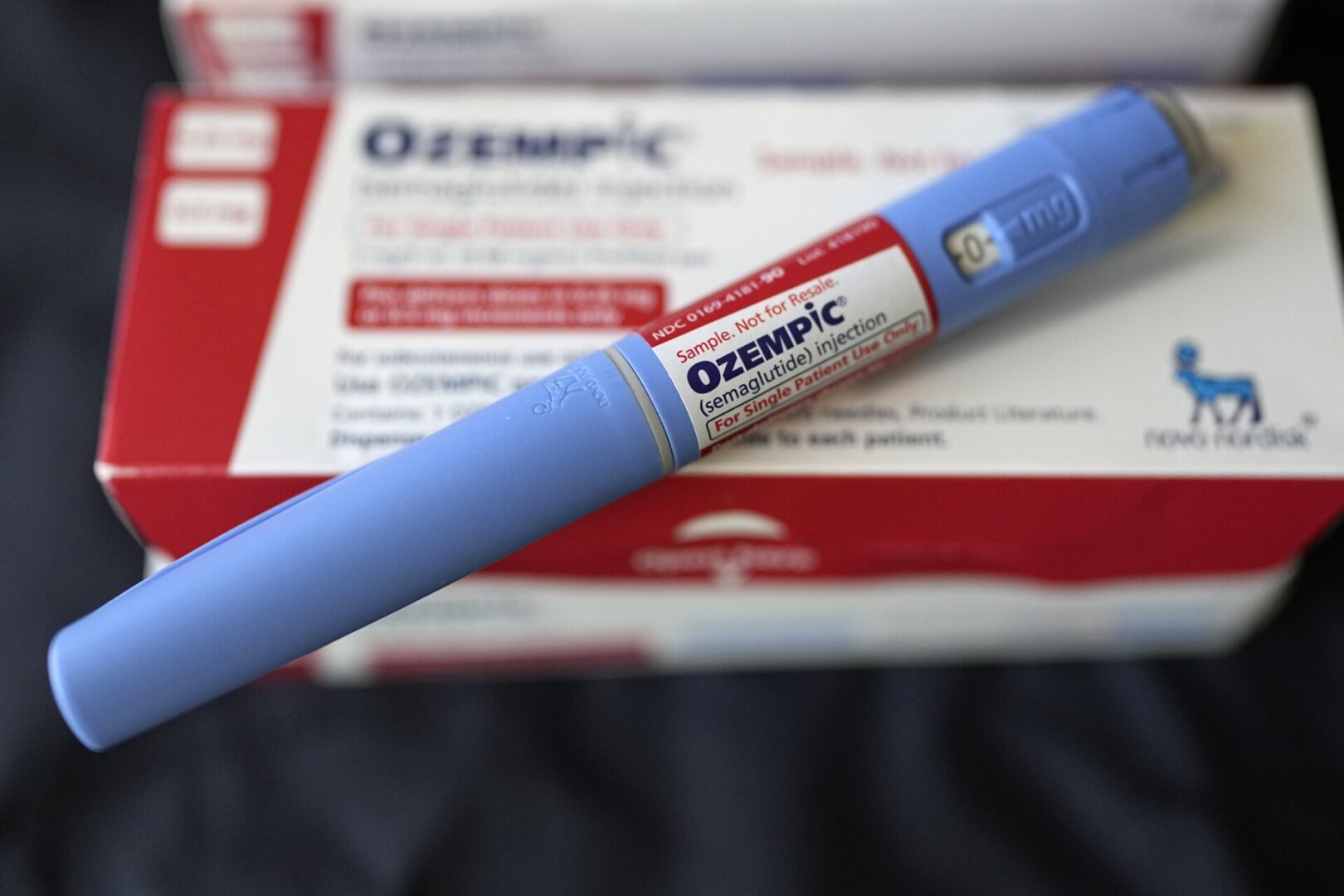Today I want to share a story that might sound familiar.
For so many years, springtime meant one thing: panic. As soon as the weather warmed up, I started to feel the pressure. Shorts, tank tops and swimsuits were right around the corner — and that meant it was time to shrink, restrict and try to “fix” my body… fast.
But it never brought peace — only more anxiety, stress, and frustration with myself.
And I know I’m not the only one.
As spring rolls in and summer nears, many moms feel the same pressure to change their bodies. This year, GLP-1 medications like Ozempic, Wegovy and Mounjaro dominate weight loss conversations.
Originally developed to help manage type 2 diabetes, these medications are now being widely promoted for weight loss. Social media, celebrity interviews, TV commercials — even playground chatter — are full of buzz about how much weight people are losing and how quickly.
But here’s what many moms aren’t hearing:
These medications are not a magic fix. While they can support blood sugar regulation and appetite suppression, they often come with significant side effects, including nausea, fatigue, digestive issues and longer-term risks like gallbladder problems and disordered eating patterns.
One of the lesser-talked about risks? Loss of muscle mass.
Rapid weight loss—especially without adequate nutrition or resistance training—can cause the body to break down both muscle and fat. This matters because muscle isn’t just for strength or appearance. Muscle is essential for maintaining metabolic health, regulating blood sugar, preventing injuries and performing everyday functions. Losing muscle can make it harder to maintain weight loss, feel energized or even do simple tasks like chasing your kids around or carrying groceries.
As a local dietitian who works with busy moms, I often hear women say, “I just want to feel good in my body again.” That desire is deeply real and valid, but we need to ask:
Are we chasing true health or just a smaller body? Because the two are not the same.
I’m not here to judge anyone’s choices – I’m here to bring awareness to a conversation that’s been missing a lot of context.
Instead of chasing another weight-loss trend, moms deserve support in:
- Reconnecting with hunger and fullness cues
- Eating meals that satisfy and nourish, not just “fit the plan”
- Moving their bodies in joyful, sustainable ways
- Feeling energized — not obsessed with calories or the scale
- Cultivating peace with food and confidence in their bodies
GLP-1 medications* may be helpful in specific medical situations under the guidance of a physician. However, they are not a substitute for a healthy, compassionate relationship with food and body – or for the foundational habits that support long-term well-being.
This spring, ask not “How do I lose weight before summer?” but:
How can I care for myself in a way that feels good, sustainable and grounded in self-love?
That’s the kind of shift that actually makes you feel your best – and it’s one you can carry with you for years to come.
If you’re ready to step into summer feeling more confident and at peace with food and your body, I’d love to support you.
👉 Learn more at https://www.foodfreedommomma.com
*It’s important to consult with your doctor to determine if GLP-1 medications are appropriate for your individual health.
Food Freedom Momma founder Claire Harpster is a Registered Dietitian and Certified Intuitive Eating Counselor based in State College with a passion for promoting healthy and balanced living.



